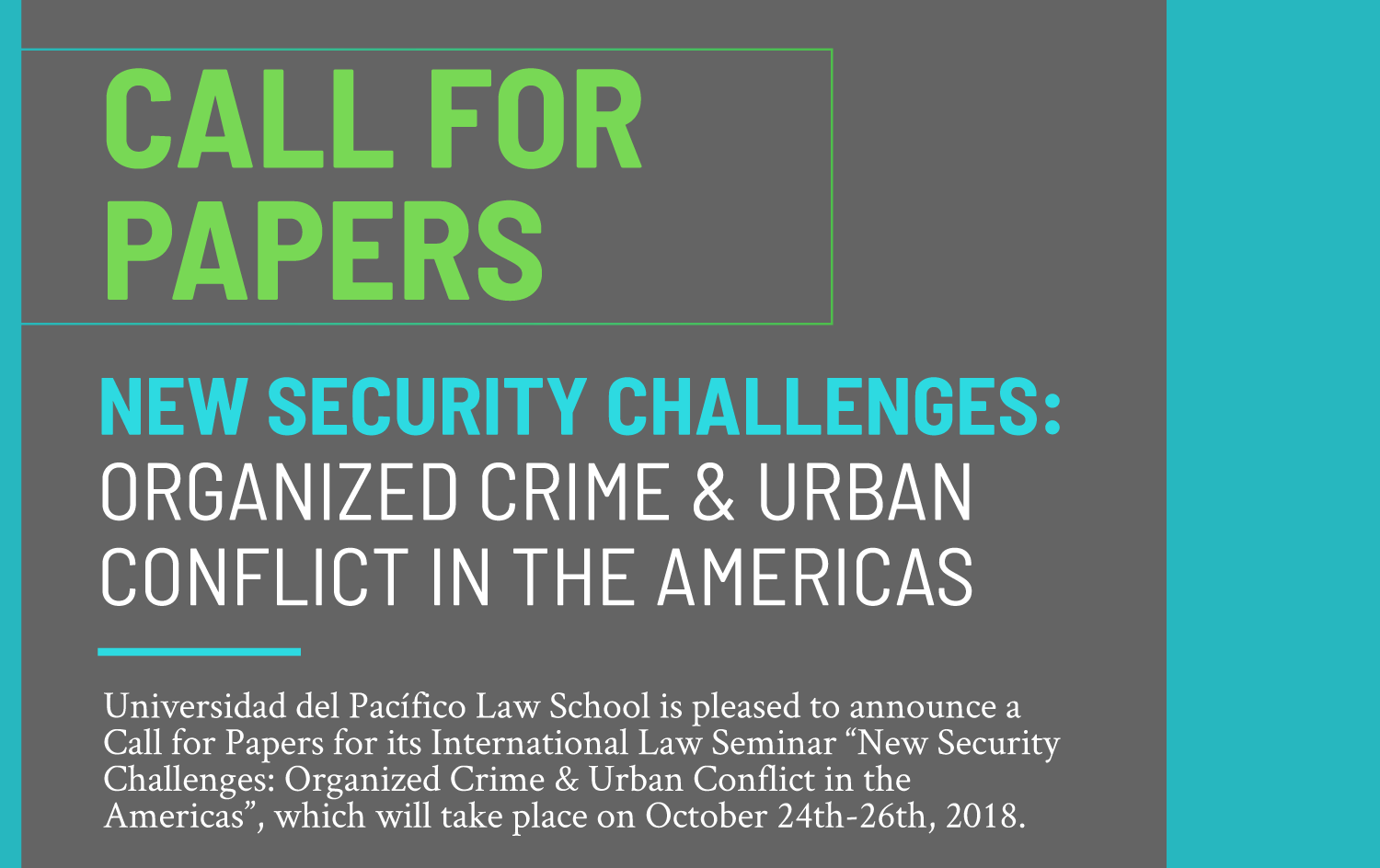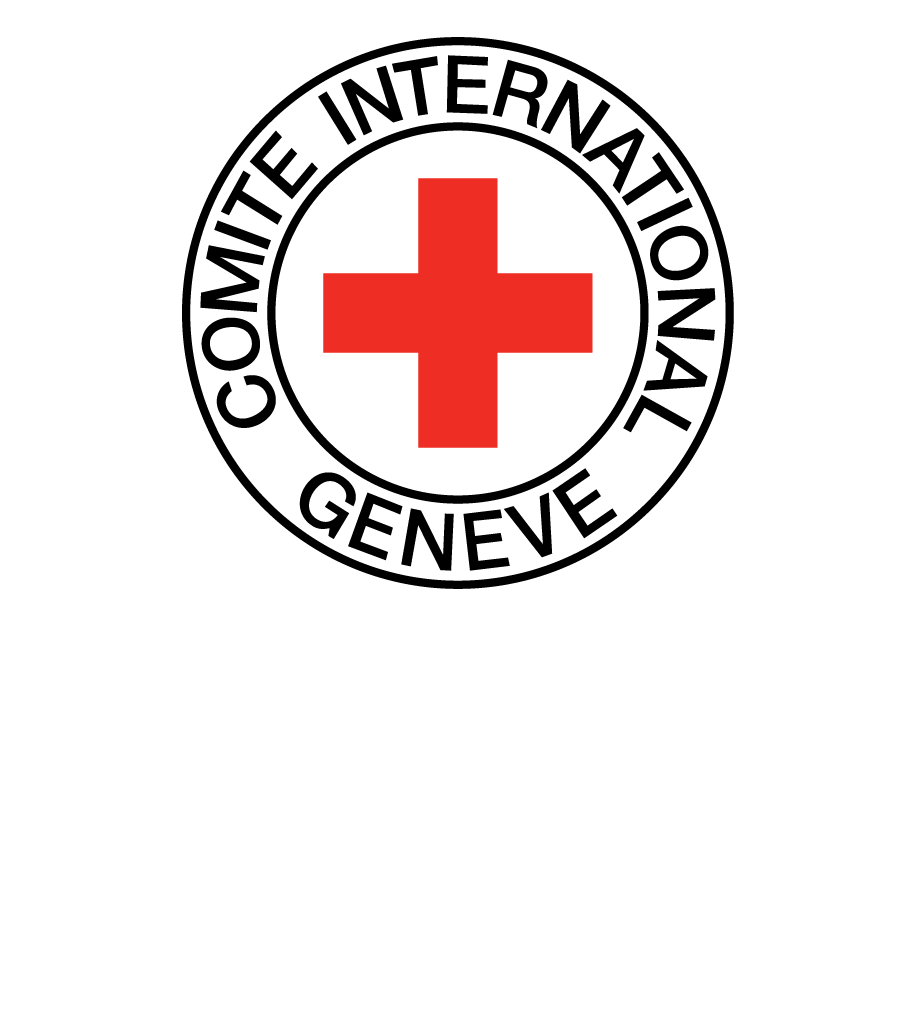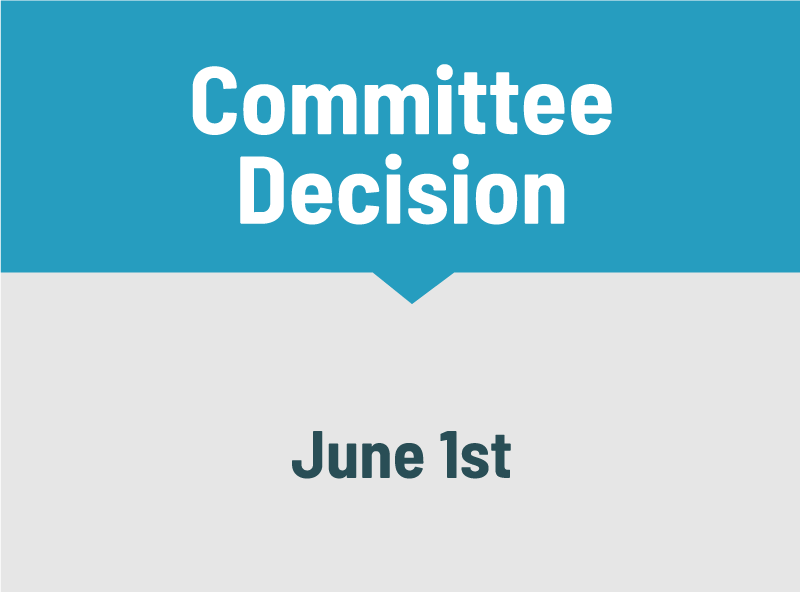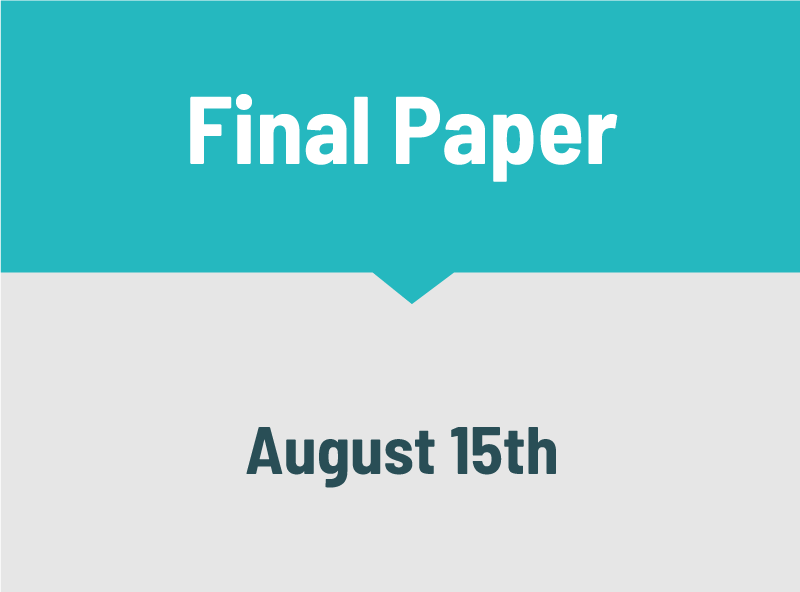







Laurie R. Blank is a Clinical Professor of Law and the Director of the International Humanitarian Law Clinic at Emory University School of Law, where she teaches the law of armed conflict and works directly with students to provide assistance to international tribunals, non-governmental organizations and militaries around the world on cutting edge issues in humanitarian law and human rights.
Professor Blank is the co-author of International Law and Armed Conflict: Fundamental Principles and Contemporary Challenges in the Law of War, a casebook on the law of war (with G. Noone, Aspen Publishing 2013; Concise Edition 2016). She is also the co-director of a multi-year project on military training programs in the law of war and the co-author of Law of War Training: Resources for Military and Civilian Leaders.

Kevin Jon Heller is Associate Professor of Public International Law at the University of Amsterdam and Recurring Visiting Professor of Criminal Law at SOAS, University of London. His books include The Nuremberg Military Tribunals and the Origins of International Criminal Law (Oxford University Press, 2011) and The Hidden Histories of War Crimes Trials (Oxford University Press, 2013) (edited with Gerry Simpson).
Kevin has been involved in the International Criminal Court’s negotiations over the crime of aggression, worked as Human Rights Watch’s external legal advisor on the trial of Saddam Hussein, served for three years as one of Radovan Karadzic's formally-appointed legal associates at the ICTY, and was the plaintiffs’ expert witness concerning medical experimentation in Salim v. Mitchell, a successful Alien Tort Statute case against the psychologists who designed and administered the CIA’s torture program.













